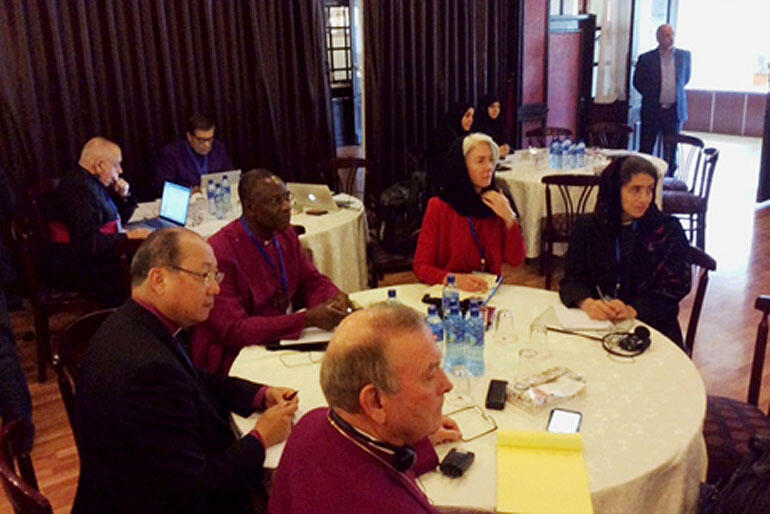
Delegations of Sunni and Shia Muslims and Catholic and Anglican / Episcopal Christians have said that hatred, humiliation and persecution based on distorted understandings of the Bible or Qur’an “offends God.” The statement is contained in the Call to Action, issued by the Fourth Session of the Christian – Muslim Summit, which met this week in the Iranian capital Tehran. In it, the religious leaders condemn “aggressive tendencies and criminal acts against nations, groups, and individuals.”
They say that women, children, and religious and ethnic minorities are “the first targets of an erroneous interpretation” of the two religion’s sacred texts. And they affirm the “vital” presence of women in inter-religious dialogue as being “indispensable.”
And they continue: “Women bear the disproportionate impact of violent conflict and thus come to peace-making tables with special insight into the needs of the most marginalised and vulnerable. . . We should not allow any ideological interpretation or manipulation of the true meaning of our respective religious texts to override our concern for just, equal, fair and compassionate treatment of all human persons.”
The Call to Action, on the theme of Respect for human dignity – the foundation of peace and security, condemns “the abhorrent practices of abduction and conversion of young girls by older men, wherever this practice occurs.”
The document includes statements about the protection of religious minorities. It says that “the concepts of believer/non-believer (Mumin/Kafir), should not affect citizens’ rights and social relationships”. It condemns “manipulation of blasphemy laws to excuse criminal behaviour”, as well as “limitations being placed on [the] free practice of religion, including among migrant workers in countries where the majority religion may be different from their own.”
In it, the religious leaders “note with urgent concern and deep sadness” what they describe as the way religious texts “are sometimes misinterpreted, instrumentalised and distorted to justify and facilitate acts of hatred, discrimination, exclusion, violence and terrorism towards others.” And they call for a “re-reading, renewed comprehension and accurate teaching of our religious beliefs, values and principles, respectful of every human person, of human dignity, and of human rights and responsibilities.”
They say that all religious leaders should “read and interpret sacred texts in context and be prepared not only to defend their own religious traditions, but also, when necessary, to be self-reflective and self-critical about those traditions and texts.” And add that “the willingness to be self-critical can constitute a significant way to counteract fanaticism.”
The delegations committed themselves to “promote a culture of non-violence” and to “protect freedom of human thought, belief, and religious practice, by respecting human dignity of all persons.” They also said that they would work to “eradicate religio-phobia and/or persecution, whether targeted toward Muslims, Christians, or other religious groups, and prevent insults, defacement, or destruction of religious symbols, art, buildings, and texts.”
The Call to Action was signed on behalf of the four delegations by Ayatollah Professor Sayyed Mostafa Mohaghegh Damad, director of Islamic studies at the Iran Academy of Sciences; Shaikh Dr Mahdi al-Sumaidaei, the Grand Mufti of Sunni Muslims in Iraq; Cardinal John Onaiyekan, Archbishop of the Catholic Archdiocese of Abuja in Nigeria; and Bishop John Chane, senior advisor on inter-religious dialogue to Washington National Cathedral in the US.
The Anglican / Episcopal delegation also included Dr Josiah Idowu-Fearon, the secretary general of the Anglican Communion; Archbishop Paul Kwong, the Primate of Hong Kong and chair of the Anglican Consultative Council; the Revd Chloe Breyer, executive director of the Interfaith Centre of New York; Ms Ruth Frey, the senior program officer for Justice and Reconciliation at Trinity Church Wall Street in New York; and the Revd Canon John Peterson, director of the Centre for Global Justice and Reconciliation at Washington National Cathedral, who serves as co-coordinator for the Christian-Muslim Summits.
In addition to the four delegations, the summit was attended by representatives of the Armenian Orthodox Church, and Jewish and Zoroastrian leaders.
The four delegations say that they will continue the work carried out in the four summits and expand it into “a network of dialogue and interaction among inter-religious centres and organisations in various parts of the world.”
The say: “by doing so, we firmly believe that we will glorify God and build a peaceful and secure world, a common home for every person, which is filled with joy, harmony, love, respect, equality and justice.”
- Click here to read the full Call to Action (pdf)







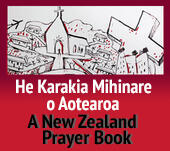
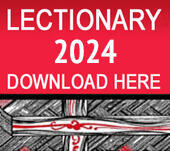

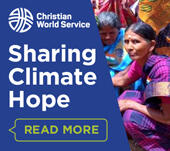
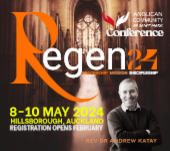
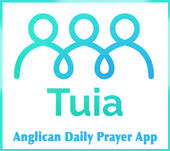

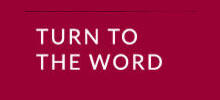
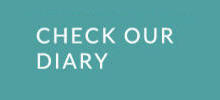

Comments
Log in or create a user account to comment.